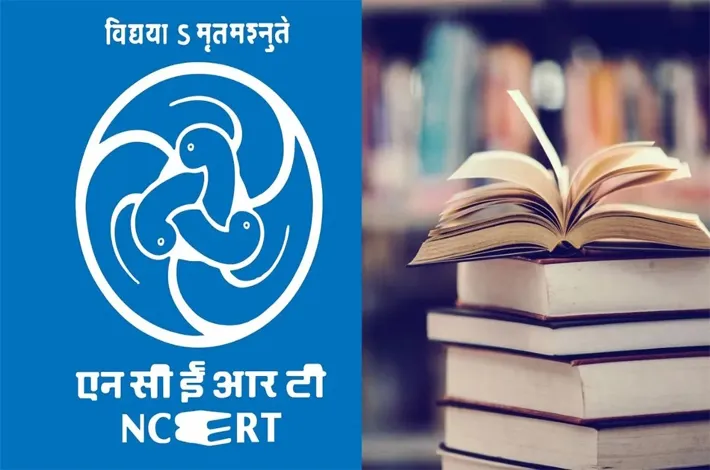Rs 300 Cr distributed among voters in Jubilee Hills
11-11-2025 12:00:00 AM

metro india news I hyderabad
It rained handouts in the last week in Jubilee Hills Assembly constituency. According to unofficial reports, over Rs 300 crore was distributed to voters in the last week alone. The cash handouts, allegedly funneled through digital payment apps, have ignited demands for a thorough probe by the Election Commission of India (ECI), with activists and legal experts calling for forensic audits and stringent action against those involved.
Sources close to the matter, speaking on condition of anonymity, revealed that the funds were disbursed primarily via UPI apps like Google Pay, PhonePe, PayTM, and FamPay. Political parties purportedly leveraged vast databases of party workers and sympathizers to circumvent the Reserve Bank of India's Rs 1 lakh daily transaction limit per account. "By rotating transfers across hundreds of linked accounts, they scaled operations seamlessly," one source alleged. "A single worker's phone could handle multiple micro-transactions, disguised as 'festival gifts' or 'community aid'." This digital sleight-of-hand exploits the anonymity of apps, where transactions often evade immediate scrutiny unless flagged by banks.
Such practices flagrantly violate the Representation of the People Act (RPA), 1951. Section 123(1) defines bribery as any "gift, offer or promise by a candidate or his agent or by any other person with the consent of a candidate or his election agent" to induce or attempt to induce an elector to vote or refrain from voting. Offenders face disqualification from contesting elections for six years, alongside imprisonment up to one year or fines under Section 171B of the Indian Penal Code.
The ECI's Model Code of Conduct, enforced during by-polls, explicitly bans such inducements, and recent guidelines mandate surveillance of suspicious digital wallet transactions. In February 2024, the Commission directed State Level Bankers' Committees (SLBCs) to monitor high-value UPI flows, reporting anomalies to enforcement agencies.
Civil society is baying for blood. "This is institutionalized corruption eroding the soul of our elections," fumed Dr. Trilochan Sastry, founder of the Association for Democratic Reforms (ADR). "The ECI must seize transaction logs from app providers under IT Act provisions, conduct a blockchain-level forensic audit, and blacklist complicit accounts. Transparency demands public disclosure of all trails – who paid, who received, and why." and try them under Criminal Laws which would award them stringent punishment. ADR's analysis of digital ad spends in 2024 elections revealed Rs 1,500 crore funneled opaquely through platforms, hinting at broader fintech vulnerabilities.








